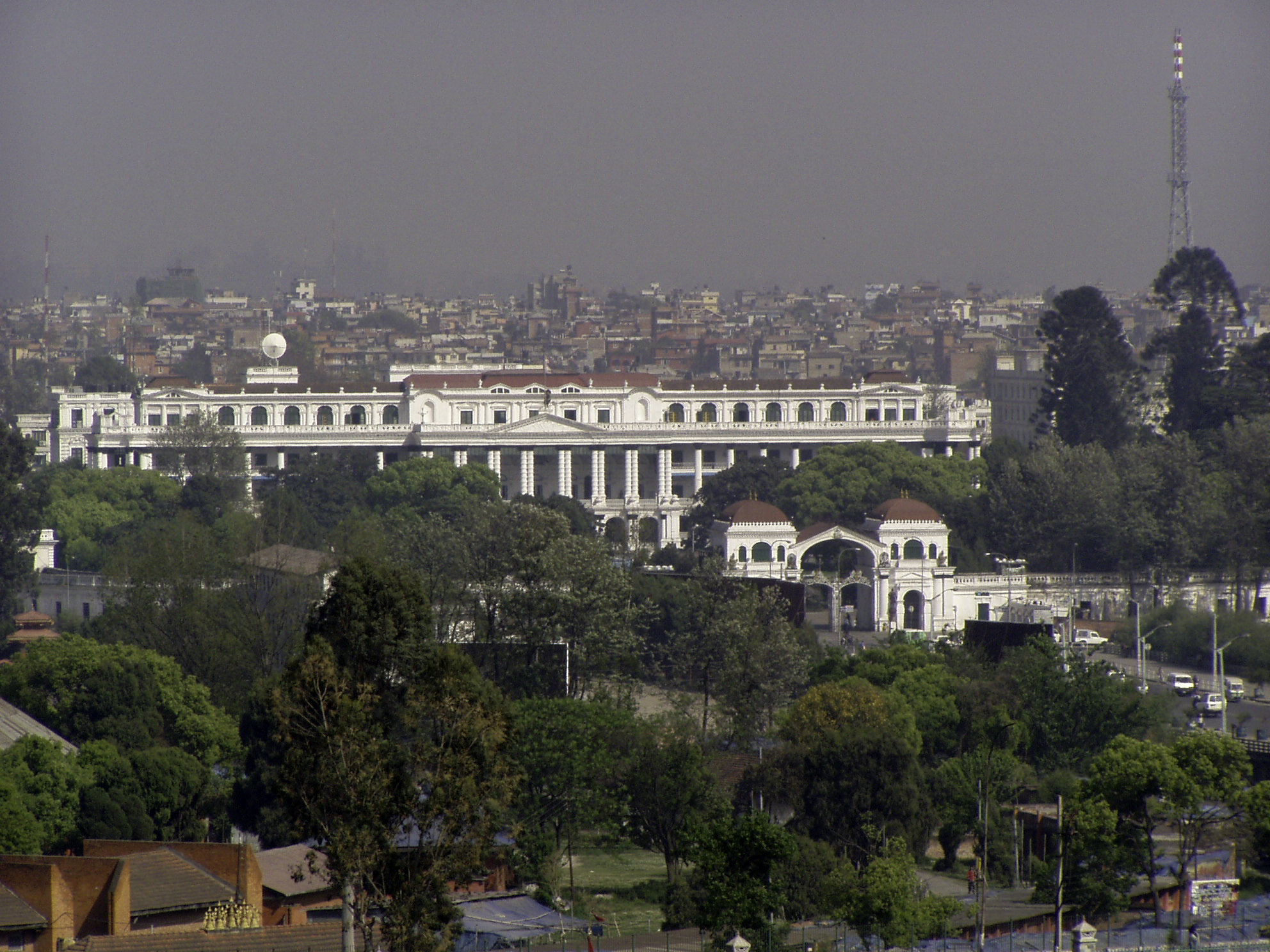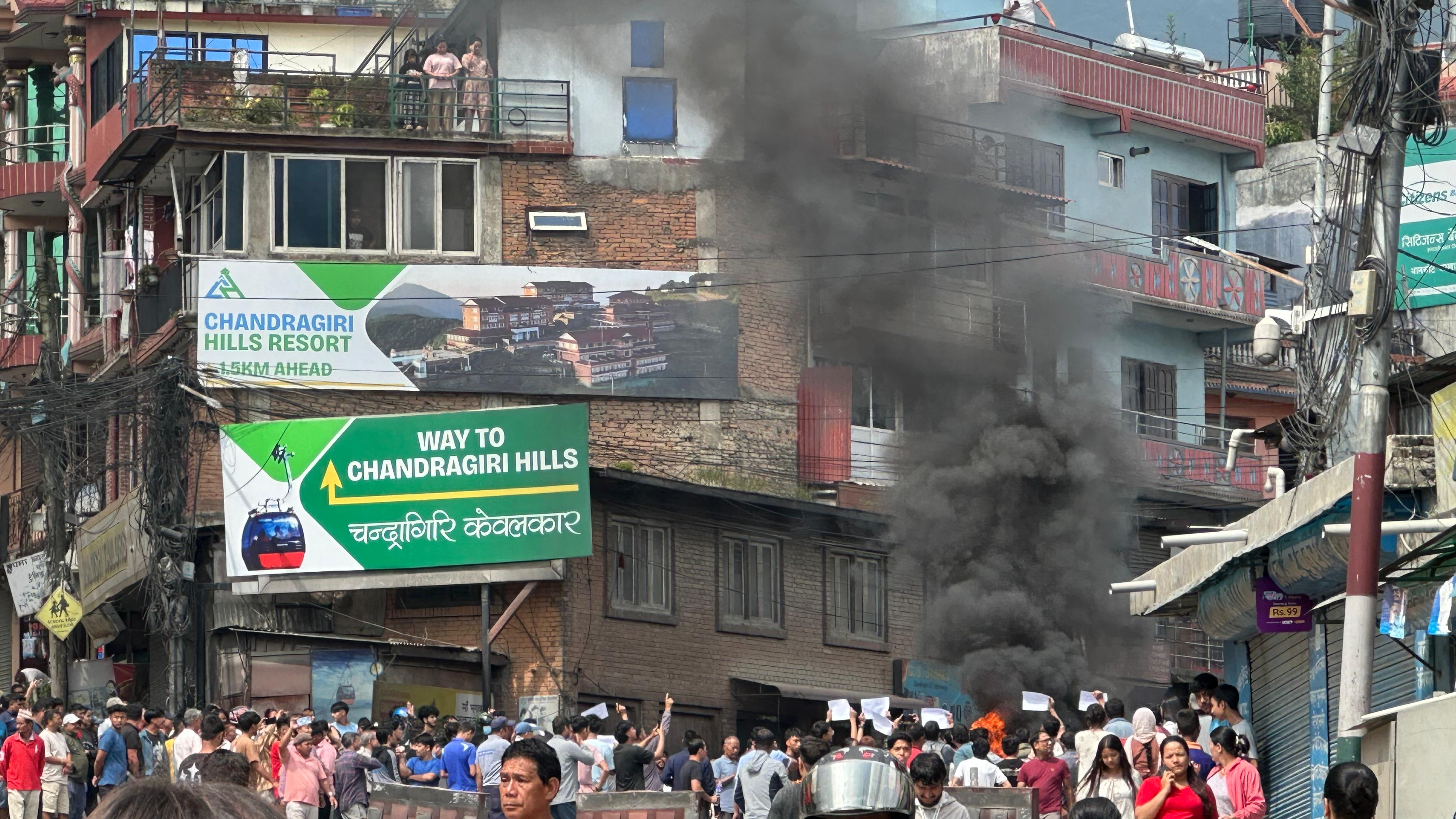
Interim Government Nepal: Why Experience Outweighs Trendy Names
Nepali youth, let's talk about Interim Governments! 🇳🇵 Are popular mayors the right fit, or does our nation need experienced, neutral jurists to guide us through political transitions? This article breaks down the risks of hype vs. the stability of competence. What do you think? Share your views below!
What is an Interim Government and Why Nepal Needs It?
The current situation on Interim government Nepal (2025) is debatable. Nepal's political landscape is often dynamic, marked by periods of transition and the search for stability. In such times, the concept of an interim government becomes particularly relevant. For young Nepalis keen on understanding their nation's future, grasping the essence of an interim government is crucial. It's not merely a temporary arrangement but a critical mechanism designed to guide the country through sensitive periods, ensuring the continuity of governance and the preparation for free and fair elections.

Defining an Interim Government and Its Purpose in Nepal
An interim government, also known as a caretaker government or transitional government, is a temporary administrative body formed in a political vacuum or during a significant constitutional transition. Its primary purpose is to manage the day-to-day affairs of the state, maintain law and order, and, most importantly, create an environment conducive to holding general elections. This ensures a smooth handover of power to a democratically elected government without any partisan influence or abuse of state resources.
In Nepal, an interim government typically arises when the incumbent government loses its mandate, a political deadlock prevents the formation of a new government, or significant constitutional changes are underway that necessitate a neutral body to oversee the transition. The core principle is neutrality and limited mandate – an interim government is not expected to make major policy decisions or initiate long-term projects but rather to serve as a custodian of the state until a permanent, elected government takes over.
Nepal's Past: Lessons from Interim Governments
Nepal has a history of forming interim governments, often born out of political crises or major constitutional overhauls. One of the most significant examples is the 2013 Caretaker Government led by former Chief Justice Khil Raj Regmi (BBC report on Nepal's caretaker cabinet). Following a prolonged political stalemate and the dissolution of the Constituent Assembly, Nepal faced a constitutional void. To break the deadlock and pave the way for fresh elections, a non-political interim government was formed, headed by the then-Chief Justice. This decision, though debated, ultimately facilitated the successful holding of the second Constituent Assembly elections, which drafted the current Constitution of Nepal.
This example underscores several key takeaways:
- Necessity: Interim governments often become necessary when traditional political structures fail to deliver a solution.
- Neutrality: Appointing a figure from outside partisan politics, especially a respected jurist, can lend credibility and ensure impartiality.
- Clear Mandate: The 2013 government's sole focus was to conduct elections, which it successfully did, demonstrating the importance of a focused, time-bound mission.

Popularity vs Constitutional Competence
Recent years have seen a growing admiration among Nepalese youth for independent, non-traditional political figures. Popular mayors like Balen Shah in Kathmandu and Harka Sampang in Dharan have demonstrated strong local leadership and direct engagement with the public. Their work resonates with a generation eager for fresh approaches and accountability in politics.
However, governing a city and leading a nation during a transitional period are fundamentally different. An interim national leader must uphold constitutional processes, remain neutral, and facilitate nationwide elections — roles that require deep legal and administrative experience at the national level.
Considerations for Appointing Interim Leadership
While popular local leaders bring valuable experience, an interim government benefits from leadership with:
- Constitutional and Administrative Expertise: National-level governance requires navigating complex legal frameworks and managing broad bureaucratic systems.
- Neutrality and Broad Consensus: Interim legitimacy relies on the perception of impartiality, fostering trust among all political parties.
- Focus on Stability: Maintaining governance continuity without conflicts of interest ensures smooth elections and public confidence.
Leaders with strong legal and constitutional backgrounds, such as former Chief Justice Sushila Karki, are particularly well-suited for this role. Their impartiality, expertise, and commitment to rule of law support transparent and lawful governance during transitions.
A Call to Critical Thinking: Empowering Nepali Youth
To the energetic and passionate Gen Z of Nepal, it's vital to approach politics not with emotions alone, but with critical thinking, research, and evidence. The desire for change is commendable, but true, sustainable change is built on understanding, not just popular slogans or loud protests (Media literacy tips for youths). Do not be swayed by propaganda, whether from traditional political parties or from individuals attempting to gain political mileage under the banner of a 'Gen Z revolution' without a clear understanding of constitutional processes or with hidden agendas to reclaim political perks.
- Research Beyond the Hype: Investigate the backgrounds, competencies, and actual track records of potential leaders. Understand the specific requirements of different political roles.
- Value Constitutional Guardrails: Recognize that the Constitution provides the framework for legitimate governance. Adherence to it is not a weakness but a strength, ensuring stability and due process.
- Focus on Long-Term Vision: Consider how leaders contribute to sustainable national progress, not just immediate appeal.

Conclusion: Valuing Competence Over Hype
Nepal’s call for an interim government is a pivotal moment. For youth, understanding this process is an act of responsible citizenship. While enthusiasm for fresh faces is natural, transitional periods demand neutrality, constitutional adherence, and administrative experience. Supporting leaders with these qualities helps safeguard democratic processes, enabling stable elections and a stronger democratic future (Democracy Resource Center Nepal).
Let us, as a generation, advocate for leadership that combines competence, integrity, and respect for constitutional guardrails — ensuring Nepal navigates transitions effectively and sustainably.
Collaborate with me
Contact me directly:
apsan@apsan.com.np